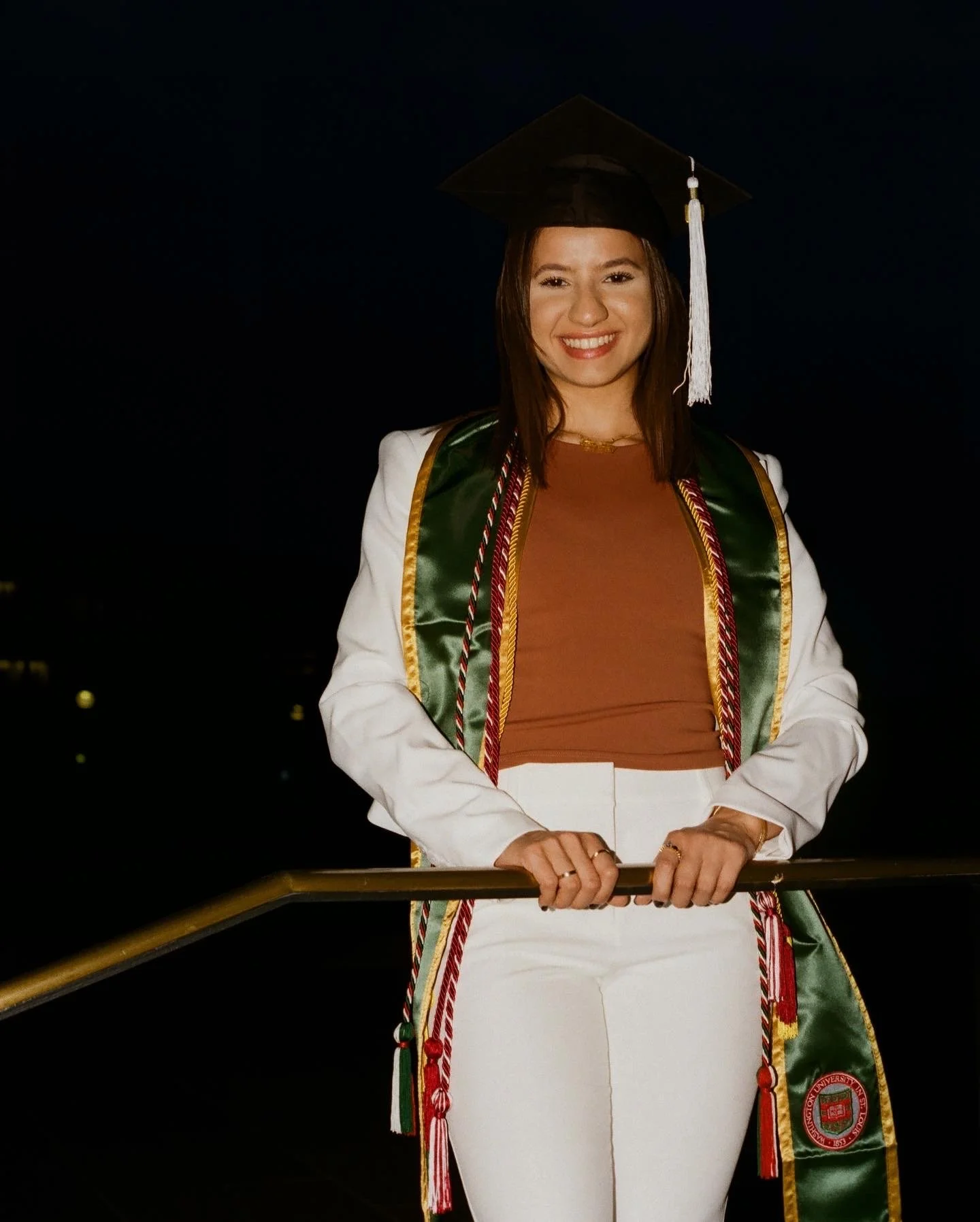Jordan McCall, Phd, MPH
PRINCIPAL INVESTIGATOR
I am an Associate Professor in the Department of Anesthesiology at Washington University in St. Louis (WashU) and the Center for Clinical Pharmacology at WashU School of Medicine.
I started my path here by completing undergraduate degrees (in Biology and Psychology) and a Masters of Public Health Policy and Administration from the University of Missouri-Columbia.
From there I did my PhD in Neurosciences at WashU with Michael Bruchas. The two main focuses of my research in the Bruchas lab was on the neural circuitry responsible for the anxiolytic effects of beta-blockers and in pioneering new wireless technology to manipulate neural circuitry, the latter in close collaboration with John Rogers group of amazing materials scientists and engineers. I stayed at WashU as postdoctoral research associate with Rob Gereau studying pain neurophysiology and developing new approaches to behavioral analysis.
I lead a multidisciplinary research program aimed at understanding the neural mechanisms underlying the emotional distress associated with stress, chronic pain, and addiction. The long-term goal of the laboratory is to take basic, circuit-level neuroscience research and actively apply these findings to advance therapeutic options for patients. In large part, this goal will be achieved through the development of new neural interfacing technologies through collaborative efforts with materials scientists, chemical and electrical engineers, mathematicians, computer scientists, and clinicians.
I do my best to carve out free time with my friends and family. We only live once.
THE TEAM (in Alphabetical order)
LÉA BECKER, PhD - POSTDOCTORAL RESEARCH ASSOCIATE
JOHN BILBILY, MD - ASSISTANT PROFESSOR
(PSYCHIATRY)
SAM DUNN -
DBBS NEUROSCIENCES PHD STUDENT
NOAH KABBAJ - UNDERGRADUATE RESEARCHER
OLIVER KRENTZMAN - DBBS NEUROSCIENCES PHD STUDENT
CHAO-CHENG KUO, PHD - POSTDOCTORAL RESEARCH ASSOCIATE
TYLER O’BRIEN -
SENIOR RESEARCH TECHNICIAN
KYLE PARKER, PhD - INSTRUCTOR
Representing our close collaboration with Al-Hasani lab are the following key collaborators:
AYAH HAMDAN -
POSTBAC RESEARCHER
BIRTHDAY BOY, PhD - SENIOR SCIENTIST
RUI-NI WU - SENIOR RESEARCH TECHNICIAN
Interested undergraduates are always welcome to contact us about opportunities.











